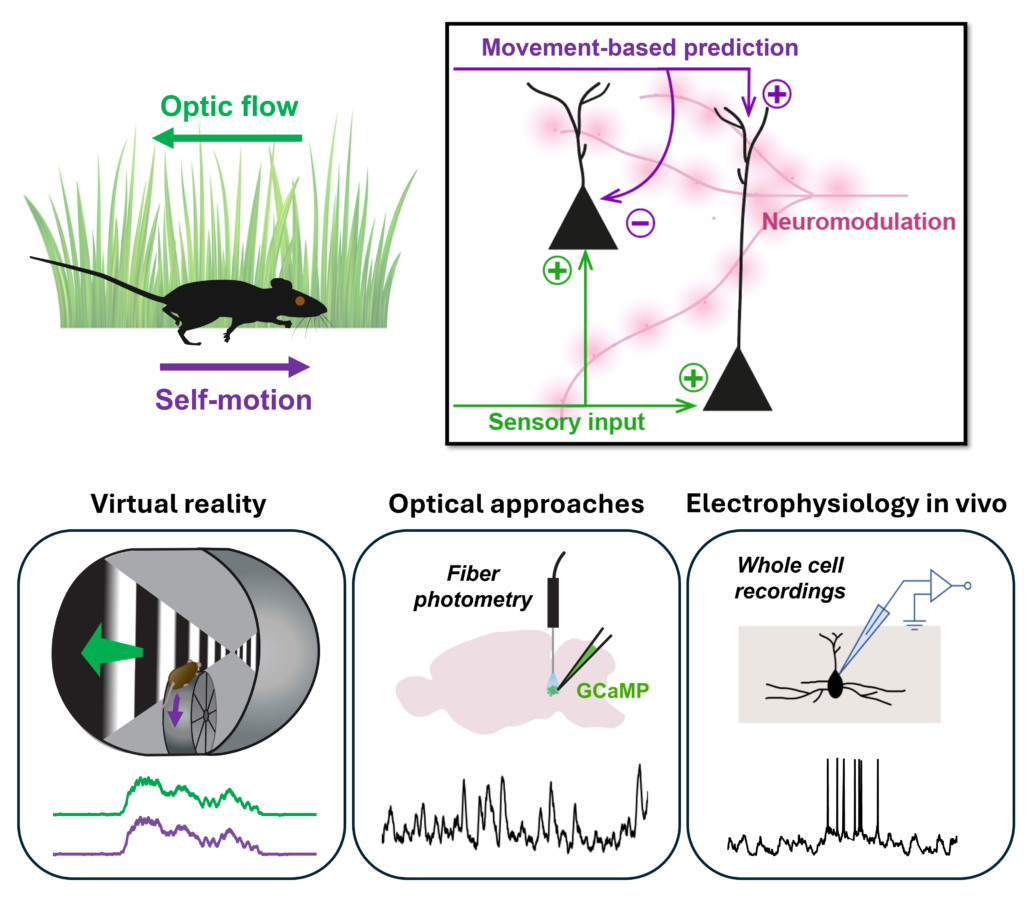 Dr Jordan has beaten tough competition and been selected from amongst nearly 3.5k proposals across Europe. Overall, only 14.2% of the proposals were selected for funding. Dr Jordan’s ERC starting grant amounts to just under 2 million EUR, over 5 years.
Dr Jordan has beaten tough competition and been selected from amongst nearly 3.5k proposals across Europe. Overall, only 14.2% of the proposals were selected for funding. Dr Jordan’s ERC starting grant amounts to just under 2 million EUR, over 5 years.
“The ERC starting grant will unlock our potential to answer major questions about the brain’s ability to predict the sensory world, which is the major goal of my lab”, says Dr Jordan.
What will the impact be on this area of research?
The funding will allow Dr Jordan’s lab to pursue ambitious, novel, and state-of-the-art approaches designed to generate major advances in our understanding of how the cerebral cortex learns to predict self-generated sensory inputs.
Several symptoms of neurodevelopmental disorders could be caused by a reduced ability to predict sensations. This includes sensory overload, where ordinary sensations become overwhelming, as well as repetitive behaviour, which may arise as a reaction to a world that feels unpredictable. Dr Jordan’s results could have further impact in the future in helping us to understand these disorders.
“Rebecca is an exciting new recruit to SIDB. I have no doubt her research will reveal key insights into typical brain function as well as reveal how brain development is altered in models of neurodevelopmental disorders. She has been a great addition to the SIDB team”, says Prof Peter Kind, Director of SIDB.
A bit about the research that has been funded
Every movement we make causes self-generated sensations. For instance, when we walk, this causes predictable sounds (footsteps) and visual motion through the world. The brain must learn to predict and suppress these sensations, otherwise they could become overwhelming and we would miss more important information from other sources.

The broad aim of Dr Jordan’s lab is to understand how the brain learns to predict its self-generated sensations. An important brain region in this learning is the cortex: neurons here signal differences between expected and actual sensations. These can be thought of as ‘surprise’ signals. They will occur frequently when sensations cannot be predicted easily (e.g., in novel situations), and are thought to be crucial for driving learning.
Using cutting-edge methods to record and alter neuronal activity, Dr Jordan’s lab will investigate how the cerebral cortex learns to predict sensations. Key to studying this are virtual reality systems, which allow us to precisely control the self-generated sensory feedback of mice during their movements. Ultimately, this research will help us to understand how wiring in the cortex changes in the process of learning to predict self-generated sensory inputs, the role of neuromodulation in this learning process, and how this process impacts sensory perception.
Get involved or find out more
Dr Jordan will be hiring both postdoctoral researchers and PhD students over the course of the project, so if interested, please get in touch by email: Rebecca.jordan@ed.ac.uk.
To find out more about Prof Jordan and her research, please visit the Jordan Lab page.
